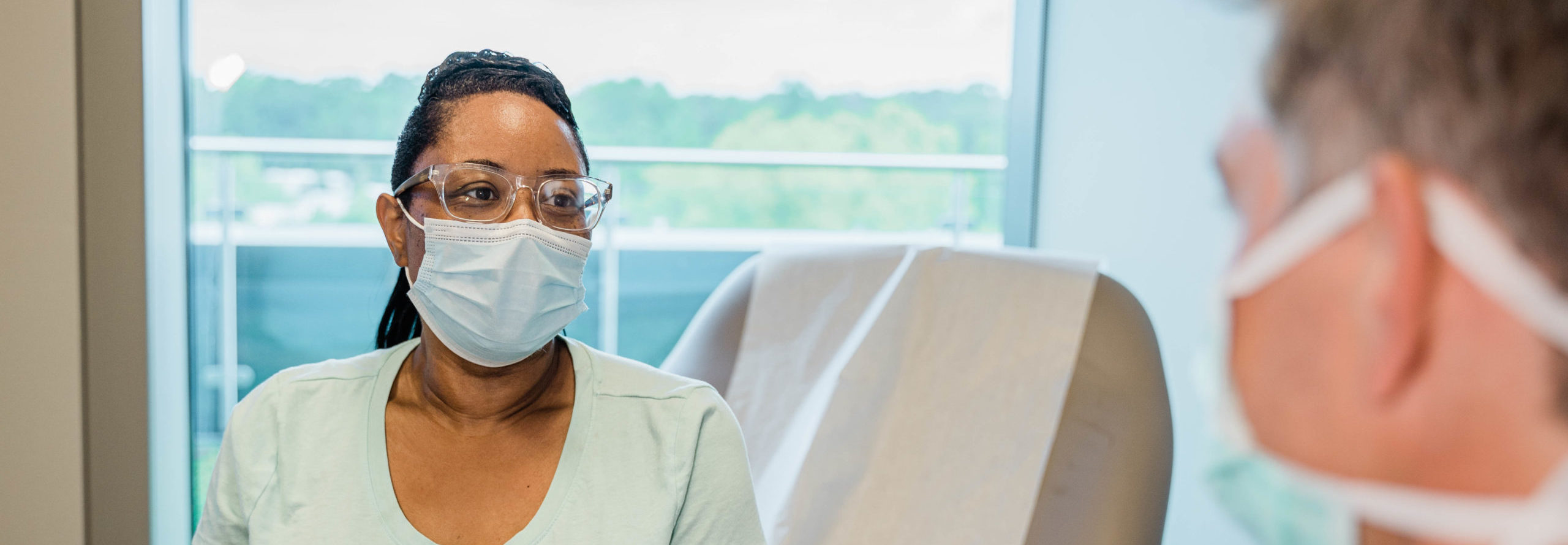
The expectation of a longer, healthier and happier life after bariatric surgery is exciting for those struggling with excess weight and obesity-related conditions. To make the most of this investment in your life, there are important post-operation recovery steps recommended by the team at the Bariatric & Metabolic Institute at Arkansas Heart Hospital, so, you can start your new lifestyle successfully and minimize potential complications.
Here’s what to expect with weight loss surgery recovery:
Hospital Stay – Both gastric bypass and sleeve gastrectomy operations are laparoscopic procedures, so incisions are small, allowing for a quicker recovery time. After surgery, a 24-hour hospital stay for gastric sleeve surgery and a 48-hour stay for gastric bypass surgery ensures our nursing team can monitor you and provide support.
Time Off – Most patients take around one week off to recover. Though people can go back to doing light work duties, a full recovery can take up to four weeks.
Walk – Walking is one of the most important things to do after surgery to ensure a safe and quick recovery. Most patients should start walking one hour after surgery to prevent blood clots, then every hour for four weeks after discharge.
Hydration – Drinking water is vital. Dehydration is common after surgery as it is hard to catch up if people get behind on fluid intake. Patients should be drinking 64 ounces of calorie-free/caffeine-free fluid every day.
No Lifting – While healing, people should not lift greater than 10 pounds for the first two weeks and then nothing greater than 30 pounds for weeks three and four after surgery. There are no lifting restrictions after four weeks.
Vitamin Regimen – Vitamins will be a normal part of a post-bariatric surgery life. Patients will receive them before discharge and will be expected to take them on a regular basis. Our dietitians will prescribe a personalized vitamin regimen.
Eating Plan – To heal properly, the post-op eating plan should be followed closely. Failure to do so can result in serious complications.
Bariatric surgery is a tool, not a quick fix. The Bariatric & Metabolic Institute team of surgeons, dietitians, psychologists and exercise psychologists make sure that patients have all the resources and encouragement at every phase of their journey for the rest of their life. Recovery is unique to each person, and the patient’s physician and our BMI team will help set expectations and provide support.
If you’re interested in our weight loss surgery options, or have questions about factors such as surgery requirements, insurance coverage, the bariatric surgeons and more, schedule an appointment with the Bariatric & Metabolic Institute today.